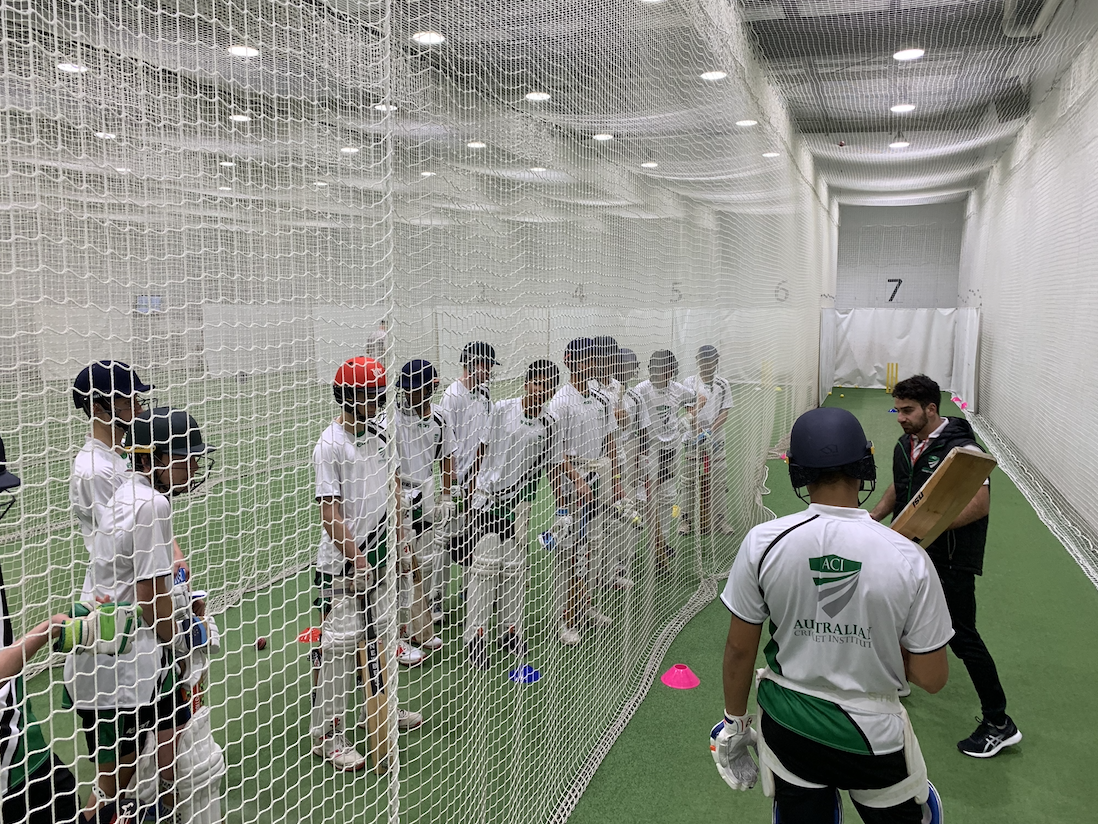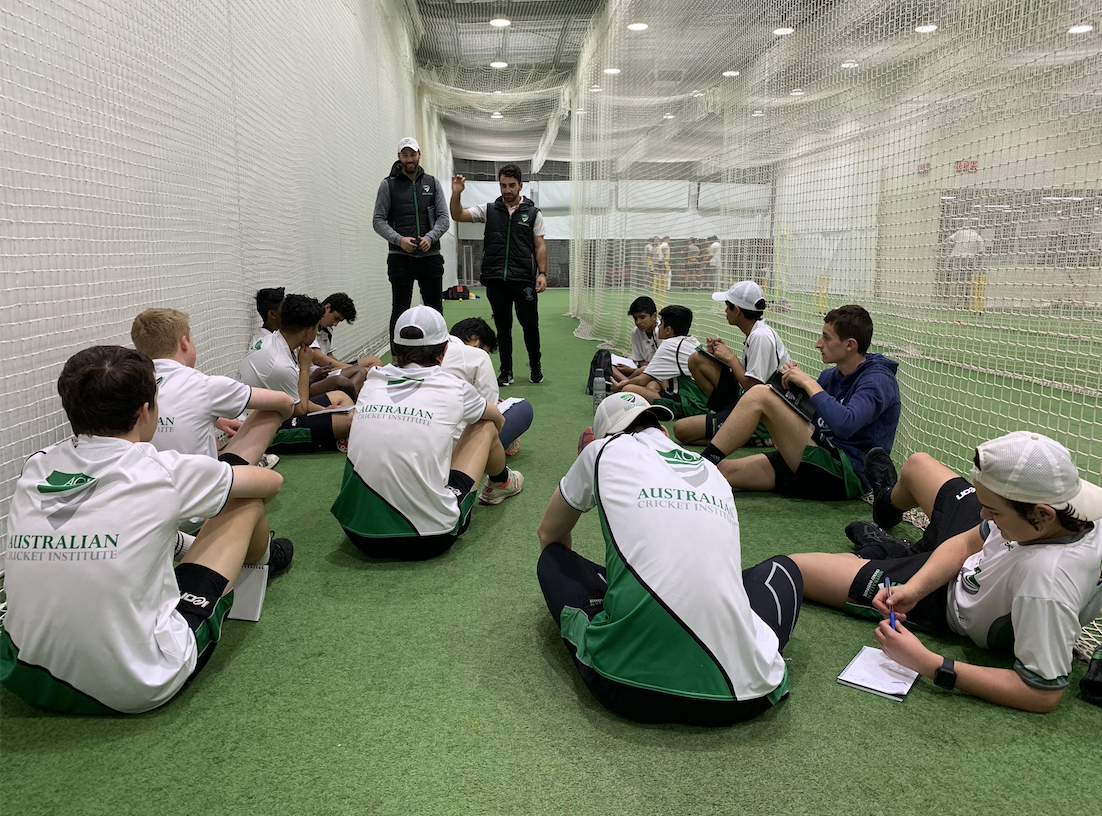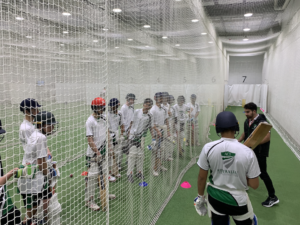A part of my role with the Australian Cricket Institute is to help design the most ideal training environment to encourage our player’s personal growth and development; as well as skill acquisition with the bat, ball, in the field and in the mind! It’s been a pleasure working across many Melbourne metro academy pre-seasons this winter. It’s wonderful to see our players learning how to give their best, I’m certainly still learning many lessons on the way!
So let's have a chat about that;
Coach Learnings
One key take out I carry with myself throughout my coaching and mentoring, as well as my own personal training, preparation and attitude in life are that we must make mistakes in our training in order to develop.
Too often, we get caught up in perfecting the art, nailing each shot out of the middle of the bat or presenting the perfect seam each delivery as a couple of examples. Ever felt the frustration when it's ‘just not your day’ with the bat or ball?
This is such an innate part of our game, that we get hung up on far too often rather than embracing it.

Mistakes Happen
Making a mistake is a vital progression in learning as a cricketer and growing as an individual. Recently, a young academy member, a talented pace bowler, came across this situation during pre-season.
He couldn’t land his stock ball and was being hit all over the park in a scenario net session. He wasn't used to this, he seemed quite bemused with what was happening. Yet after his self-identification of the issue and discussion with a coach to devise his own plan, he had a clear vision in his mind of what he needed to do to rectify the situation.
This gave him his best opportunity to put in practice and execute on skills our academies have been teaching. The end result was that he was able to develop his own understanding of the task at hand even when confronted with an uncomfortable situation.
It's Up To You!
Coaches can’t be out there in the middle with their players. I would prefer to see our players have difficulty grasping some concepts and help them by exploring their own capabilities within, rather than offering them a shortcut or an easier option.
The thought process a youngster goes through identifying when something is wrong and finding his or her own mechanism to be able to solve this is a key indicator for progress in cricket training and personal development.
That same young fast bowler then knows how to tackle similar issues head-on and won’t be making recurring mistakes or form bad habits with his training.
Let's Break Down the Process
For common issues faced on the cricket field, the process we teach our players enables them to handle the pressures themselves!
- Identify the Mistake (self)
- Plan of Attack (discussion with the coach, ask questions)
- Execution of Skill (do your best!)
- Review (seek advice and be honest)
Without noticing our mistakes, our training has limited structure and finding the next facet of your game to work on can be difficult.
Ask yourself if you’re really getting better, or are you just randomly hitting and bowling balls? Review every session you do, however simple, to guide the next step on your journey.
Australian Cricket Institute coaches ask ‘why’ or ‘how would you?” and prompt our players to access their own skillset to overcome a challenge. This promotes a neutral environment where mistakes are encouraged.
We compete in various scenarios to discover the mental tools we need, so competition isn’t as daunting out on the field as it would seem.

What Are You Waiting For?
My advice? Make mistakes! See what sticks, do your best to throw yourself in tough situations where you need to problem-solve.
I can assure you, constant growth in this area along with your developing skill set as a young cricketer will take you to the next level, much more effectively than being told what to do will.
We’ve talked the talk, now let’s walk the walk! See you out on the park this summer.
If you'd like to check out what we've got coming up at the ACI visit >> Upcoming Events & Programs
Author: Seb Contos - ACI Coach & Clinics Coordinator



